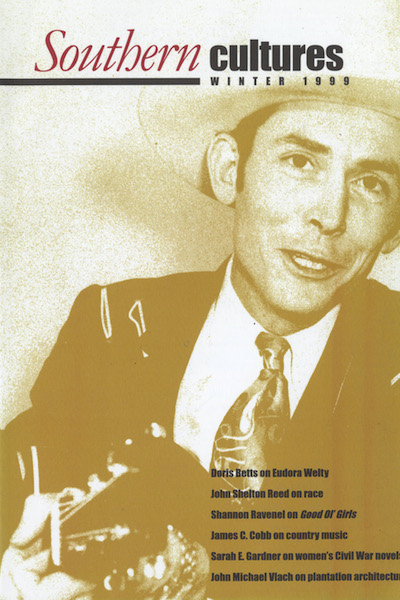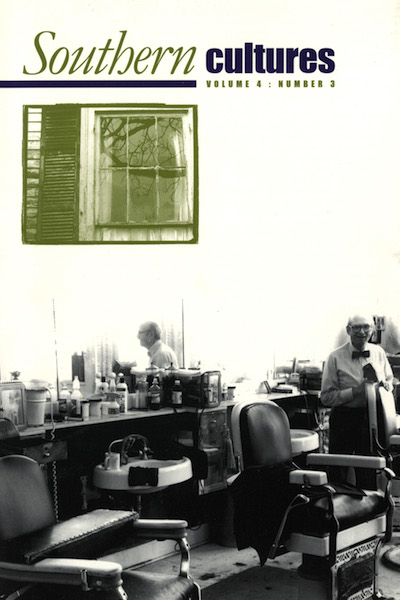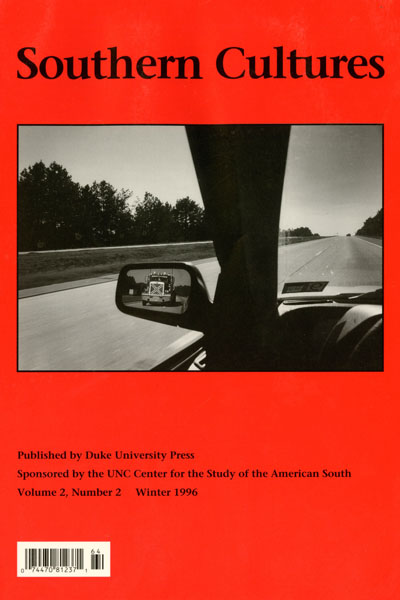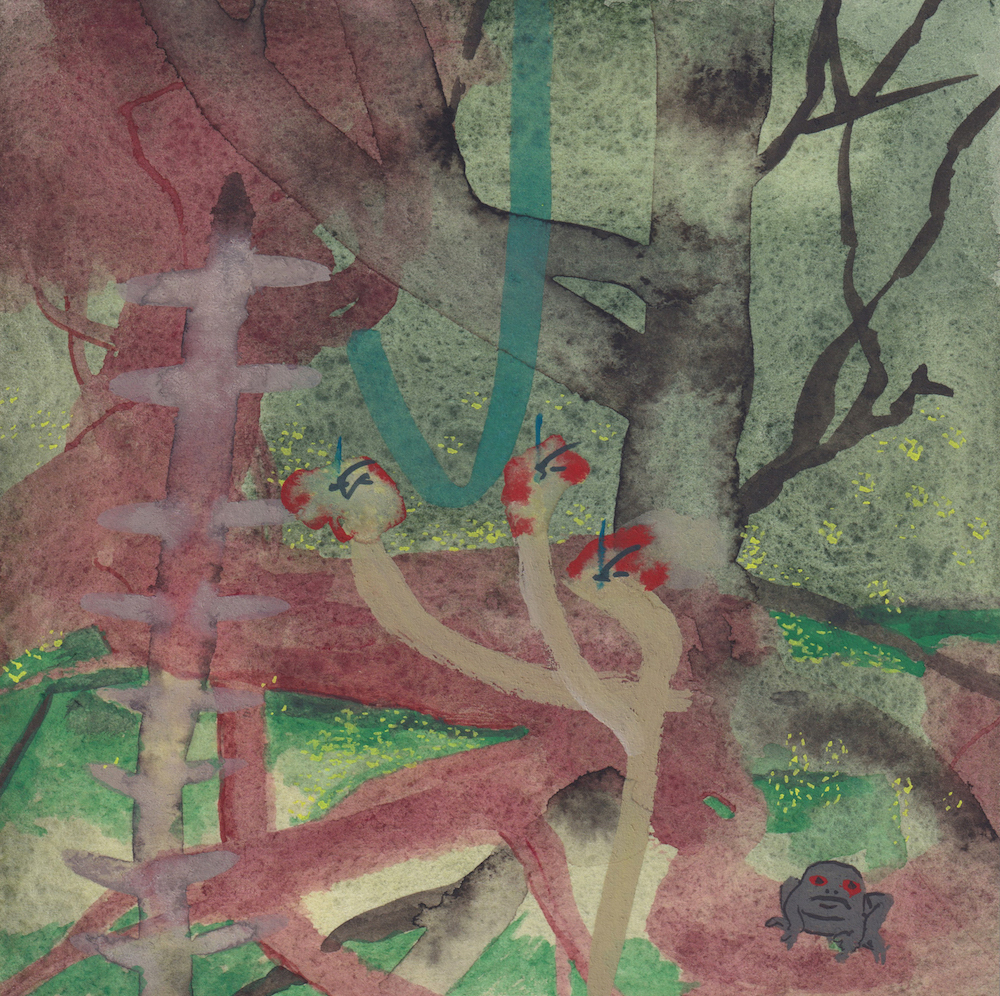
Searching: civil war


Surveying the South: A Conversation with John Shelton Reed
by Eugene D. Genovese, Elizabeth Fox-Genovese, John Shelton Reed“I don’t have much patience with folks who say the Civil War was not about slavery.” Editor’s note: On a Saturday afternoon in August 2000, John Reed sat down for a conversation with Betsey and Gene Genovese, noted historians of the South, at their home in Atlanta. The tape recorder was turned on— JOHN SHELTON »

Vol. 5, No. 4: Winter 1999
winter // 1999
Twice the Work of Free Labor: The Political Economy of Convict Labor in the New South by Alex Lichtenstein and One Dies, Get Another: Convict Leasing in the American South, 1866-1928 by Matthew J. Mancini (Review)
by Henry McKivenVerso, 1996; University of South Carolina Press, 1996 One of the most enduring images of the post-Civil War South is the African American prisoner, bound in chains, working on the roads or at some other equally oppressive task. Through the print media, bad Hollywood films, and, more recently, the actions of the state of Alabama, »

Vol. 4, No. 3: Fall 1998
fall // 1998
The Times Were Strange and Stirring: Methodist Preachers and the Crisis of Emancipation by Reginald F. Hildebrand (Review)
by Joseph M. FloraDuke University Press, 1995 In God’s Trombones (1927) James Weldon Johnson pays eloquent tribute to the sustaining presence of black ministers for their parishioners, both during slavery and following it. William Faulkner concludes The Sound and the Fury (1929) by reaffirming the spiritual presence of the black preacher, showing the black church as the last bastion of Christianity in »

The South in Modern America: A Region at Odds by Dewey W. Grantham (Review)
by William A. LinkHarperCollins, 1994 For the past half century or so, scholars and social critics have sought to understand the often ambiguous relationship between sectionalism and nationalism. Examining a unique cluster of political, economic, cultural, and geographic factors, students ofthe South in particular have asked how much and to what extent uniquely regional characteristics have survived into »

Vol. 2, No. 2: Winter 1996
winter // 1996
Black Charlestonians: A Social History, 1822-1885 by Bernard E. Powers (Review)
by Charles Pete T. Banner-HaleyUniversity of Arkansas Press, 1994 South Carolina has loomed large in southern studies and properly so. It is a state that has a rich and diverse history not only regionally but also nationally. Well known as the first state to secede and thus plummet the nation into the Civil War, South Carolina is also a »

Andersonville: The Last Depot by William Marvel (Review)
by Robert C. KenzerUniversity of North Carolina Press, 1994 William Marvel begins his award-winning study of Andersonville Prison by observing, “Some 41,000 men shuffled into the prison stockade at Anderson Station, Georgia, between February of 1864 and April of 1865. Of those, perhaps 26,000 lived long enough to reach home. Theirs was undoubtedly the most unpleasant experience of »

The Microfilm South
by David Moltke-Hansen“The revolution is quiet, but its impact is resounding.” The revolution is quiet, but its impact is resounding. Access to the southern historical record has been expanding dramatically not only for graduate students and their professors but also for historic site interpreters, journalists, novelists, local and family historians, Civil War buffs, and others. If you’re »

The Romance of Reunion: Northerners and the South, 1865-1900 by Nina Silber (Review)
by James L. PeacockUniversity of North Carolina Press, 1993 “The South is feminine,” a northern Jungian psychologist remarked to me recently, endowing her statement with the authority of a discipline that defines archetypes. What Silber’s chronicle would inform her, and many of us, is that this sort of categorization is the product of decades of cultural construction fueled »
